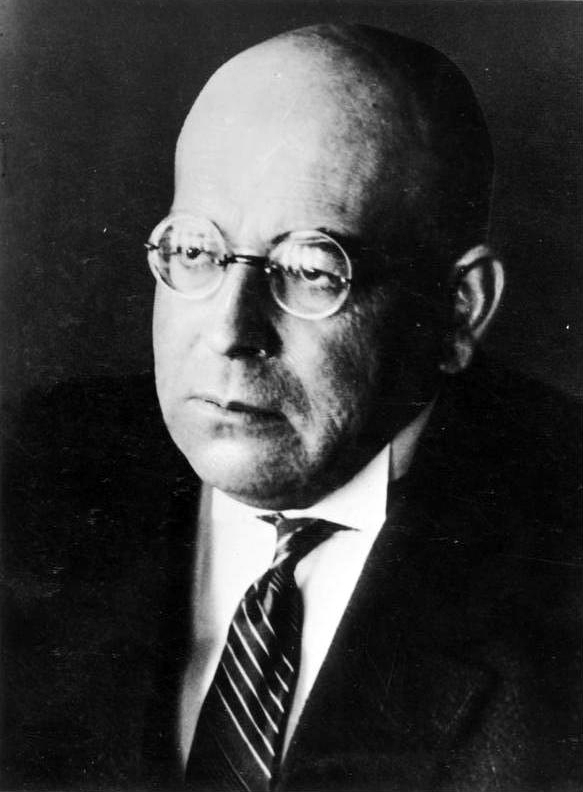If few can stand a long war without deterioration of soul, none can stand a long peace.

"Oswald Arnold Gottfried Spengler" was a German historian and Philosophy of history/philosopher of history whose interests included mathematics, science, and art. He is best known for his book The Decline of the West (Der Untergang des Abendlandes), published in 1918 and 1922, covering all of world history. [https://en.wikipedia.org/w/index.php?title=Spengler%27s_civilization_model&oldid=571085146 Spengler's civilization model] postulates that any civilization is a superorganism with a limited lifespan.
He wrote extensively throughout World War I and the interwar period, and supported German hegemony in Europe. His other writings made little impact outside Germany. In 1920 Spengler produced Preussentum und Sozialismus/Prussiandom and Socialism (Preußentum und Sozialismus), which argued for an organic, nationalist brand of socialism and authoritarianism. Some Nazi Germany/Nazis, including Joseph Goebbels, saw Spengler as an intellectual precursor, but he was ultimately ostracised by the Nazis in 1933 for his pessimism about the future of Germany and Europe, his refusal to support Racial policy of Nazi Germany/Nazi ideas of Master race/racial superiority, and his critical work The Hour of Decision.
If you enjoy these quotes, be sure to check out other famous philosophers! More Oswald Spengler on Wikipedia.Socialism is nothing but the capitalism of the lower classes.
The press today is an army with carefully organized weapons, the journalists its officers, the readers its soldiers. The reader neither knows nor is supposed to know the purposes for which he is used and the role he is to play.
There is no proletarian, not even a Communist movement, that has not operated in the interests of money, and for the time being permitted by money - and that without the idealists among its leaders having the slightest suspicion of the fact.
This is our purpose: to make as meaningful as possible this life that has been bestowed upon us; to live in such a way that we may be proud of ourselves; to act in such a way that some part of us lives on.
Formerly no one was allowed to think freely; now it is permitted, but no one is capable of it any more. Now people want to think only what they are supposed to want to think, and this they consider freedom.
Long ago the country bore the country-town and nourished it with her best blood. Now the giant city sucks the country dry, insatiably and incessantly demanding and devouring fresh streams of men, till it wearies and dies in the midst of an almost uninhabited waste of country.
I maintain that today many an inventor, many a diplomat, many a financier is a sounder philosopher than all those who practice the dull craft of experimental psychology.
Copyright © 2024 Electric Goat Media. All Rights Reserved.